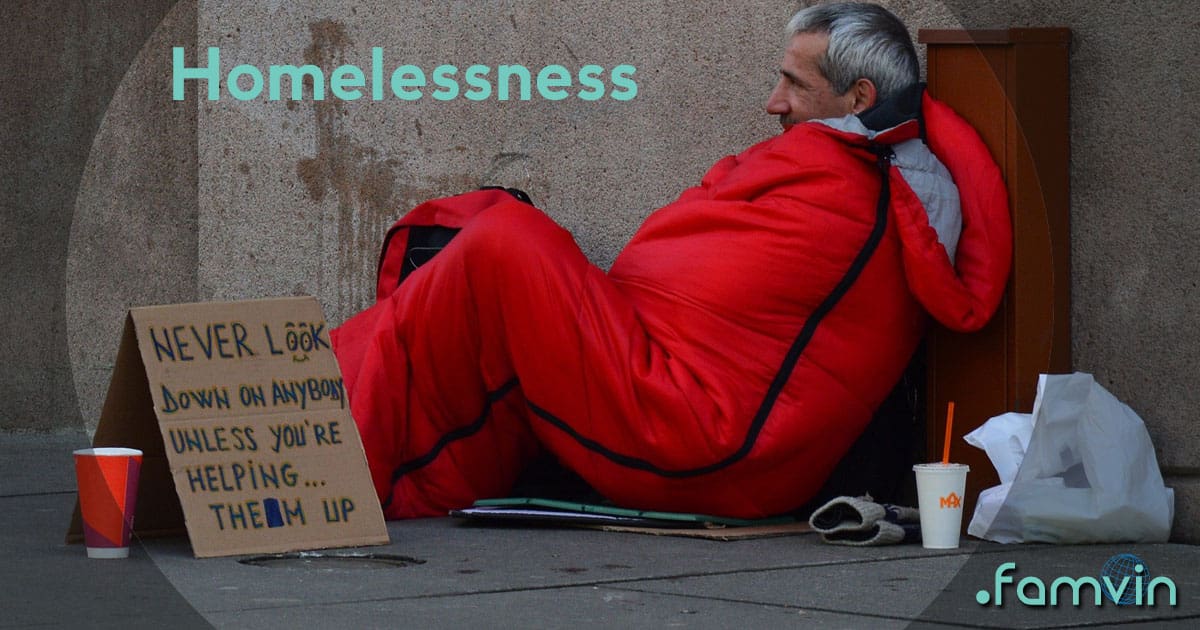Know Someone Facing Eviction?
Do you know someone who has, or is about to, receive an eviction notice? If so, the following excerpts from What to Do if You Receive an Eviction Notice – Invisible People can help.
[Just in… Tenants Can File Complaints Against Landlords Who Violate CDC Eviction Moratorium]
How the process works
With minor differences from state to state, eviction works like this. By understanding how things are supposed to work according to the law, you can make a case against illegal action being taken by your landlord.
Make sure you are educated in your rights and stay vigilant. Many landlords do not expect their tenants to understand eviction proceedings and try to take advantage of them.
A landlord files one of three types of evictions. The terms used below may be different depending the state you live in, but they mean more or less the same thing.
- Pay Rent or Quit Notices: This type of notice is given when you aren’t paying rent. The notice gives 3-5 days to pay or vacate (otherwise you’ll be taken to court).
- Cure or Quit Notices: This notice is given when you violate a term on your lease—through excessive noise, having pets, etc. You’re given a set amount of time to fix the problem.
- Unconditional Quit Notices: These notices don’t give you a certain amount of time to vacate, meaning you must leave immediately. They’re reserved for more serious offenses like going a long time without paying rent, extensively damaging property, or committing serious crimes on the property like selling drugs.
Remember that just because you receive an eviction notice doesn’t mean you have to vacate the premises. You can’t be forced to leave until you’ve been taken to court by your landlord. How does the whole process work?
- You are served an eviction notice. Landlords may do this in-person or place the notice on your door as well as in the mail.
- If you don’t vacate, the landlord can take you to eviction court.
- Go to court, with a lawyer, and present your case.
- Be evicted through a Writ of Possession. This gives you a certain amount of time—usually 24 or 48 hours—to move out, otherwise a sheriff can forcibly remove your belongings and padlock your door.
Some other things to look out for
- Make sure your landlord is not discriminating against you on the basis of sex, race, disability, family status, or any other reason prohibited by law.
- If your landlord is refusing to renew your lease, make sure you had advanced notice of the non-renewal; this is required by law.
- Your landlord cannot forcibly remove you and your belongings without a court order. They may threaten you with this to try to get you to leave voluntarily, but until they have gone through the courts and have a Write of Possession, they cannot.
And then there are things that vary from State-by-State
In nearly every eviction case, you should have a lawyer helping you. Lawyers are expensive, and if you’re facing eviction, you probably don’t have excess funds to hire one. That’s why there are legal aid agencies. These agencies exist to help people who can’t afford to hire lawyers and offer legal advice and representation for little to no fees.
All this can be helpful for those you know who are facing eviction.







0 Comments